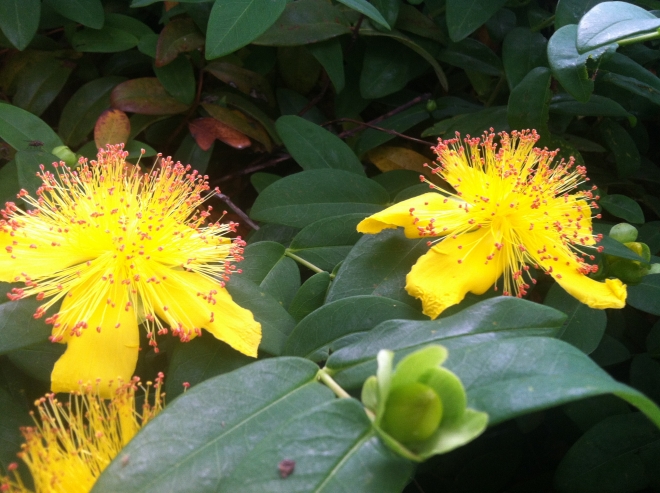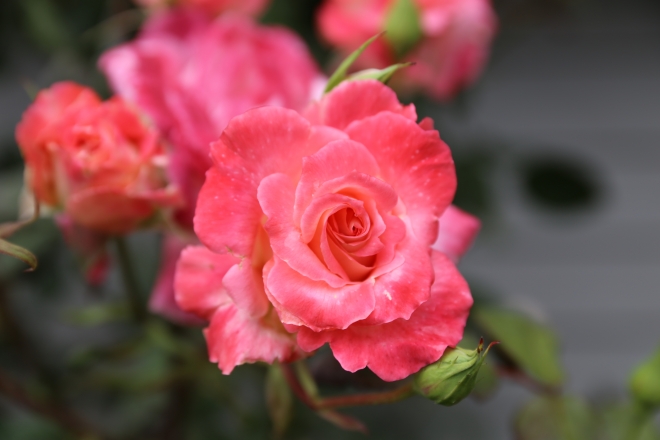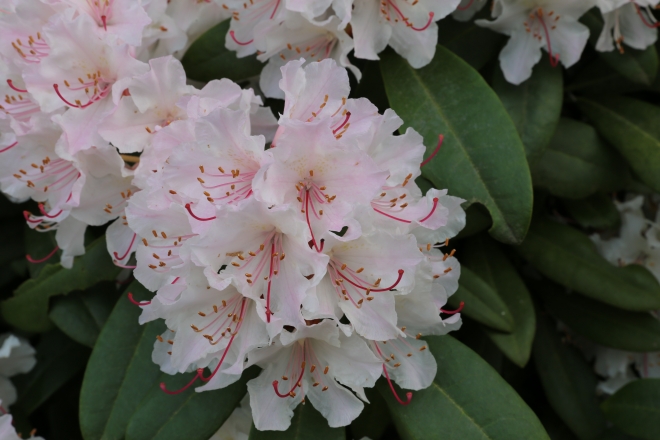
Existential Psychology
Comparison
You can’t miss what you’ve never known. I was thinking about this idea in the visceral context of yoga. After practicing for a while most people become more aware of their bodies and start to notice right away when they feel tightness or pain. They will remedy the situation by stretching and by conscientiously protecting these areas from use to prevent further injury.
Where comparison comes in to make this example interesting is that before yoga, these same people lived with the aches and pains of daily life and thought little of them. They probably would have rated the way their bodies felt as ‘good’ or even ‘excellent’ unless they were dealing with a serious injury. Their bodies were capable of feeling much better but they didn’t know it, and since they had no direct experience with the feeling they didn’t miss it.
The paradigm shifted for what feeling bad, feeling normal, and feeling good actually are and this is no small thing. These feelings have a direct impact on the way we experience the world and others. But does it really matter what our bodies objectively feel like if we subjectively view the state as ‘good’? In the broader context of life, why reach beyond yourself or take risks that might make things better if you believe you are already content with how things are and don’t have anything to compare your situation against?
These questions are difficult to answer because humans can and do live under a remarkably wide array of environmental conditions and have a knack for finding a sense of equilibrium with all of them, eventually viewing even hostile conditions as ‘normal’. But this doesn’t mean they should live under these conditions. Many are harmful to the body or the psyche and symptoms will surely arise. There are a set of conditions under which each of us has the best chance to self-actualize and feel our best.
One way to discover the conditions that are most conducive to your own personal growth and happiness is by doing what the yoga practitioner does, stretching beyond yourself. Symbolically this means being open to new experiences and different points of view, consciously noting how you feel in situations outside of your comfort zone. You become more consciously aware of the difference between real pain (environmental conditions that hinder your growth and happiness), and the good kind of discomfort that accompanies increasing flexibility (environmental conditions that assist your growth and happiness).
Unlike other organisms we have the chance to be in a constant state of growth and self-actualization that builds upon itself. We have the capacity to compare where we are with where we were. This is why ‘You can’t pine over what you’ve never known’ is not an excuse to remain in your comfort zone. You have the ability to reach beyond yourself to arrive at a currently unknown state, taking important steps forward in your human development.




